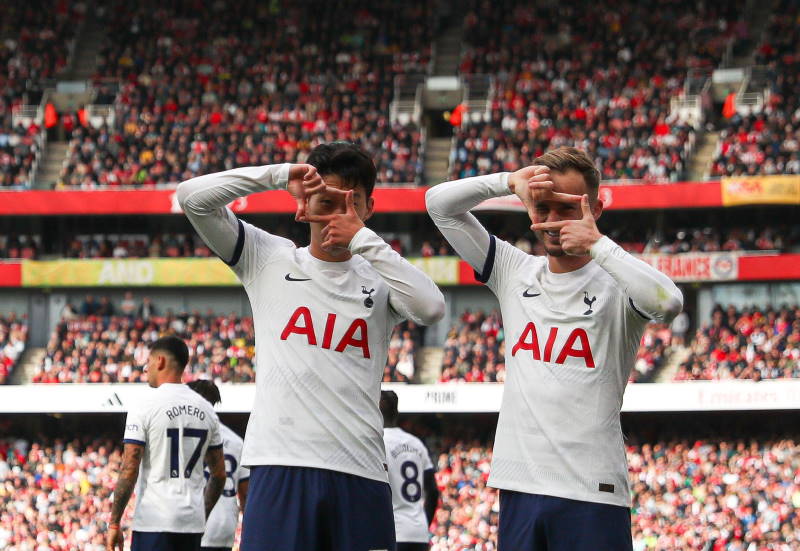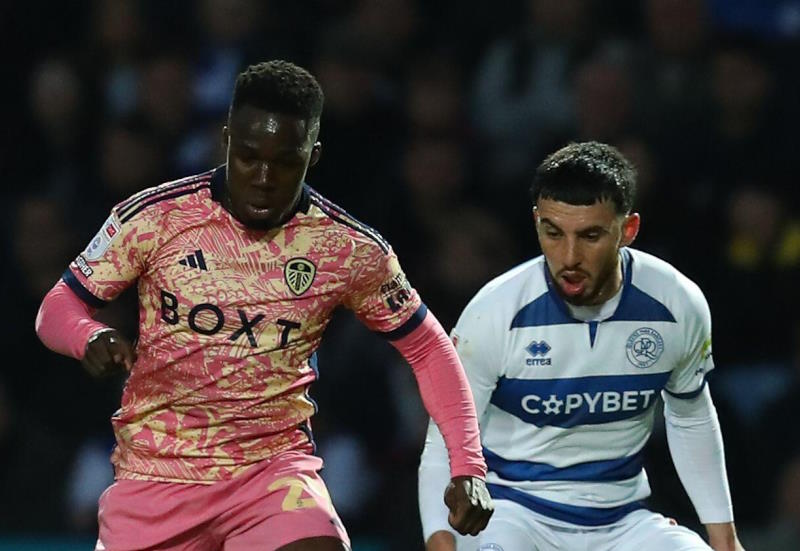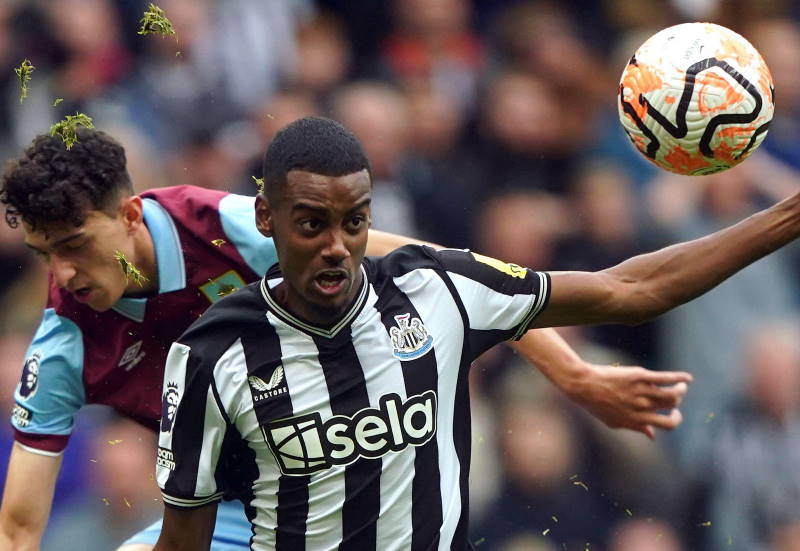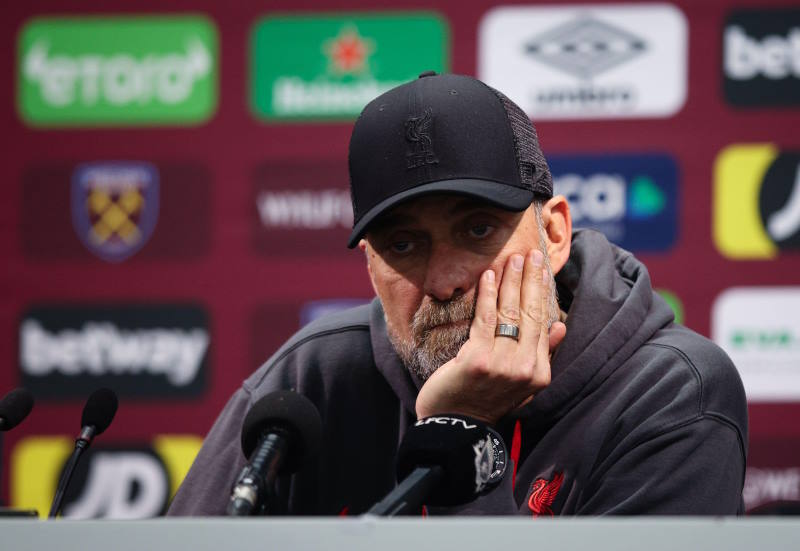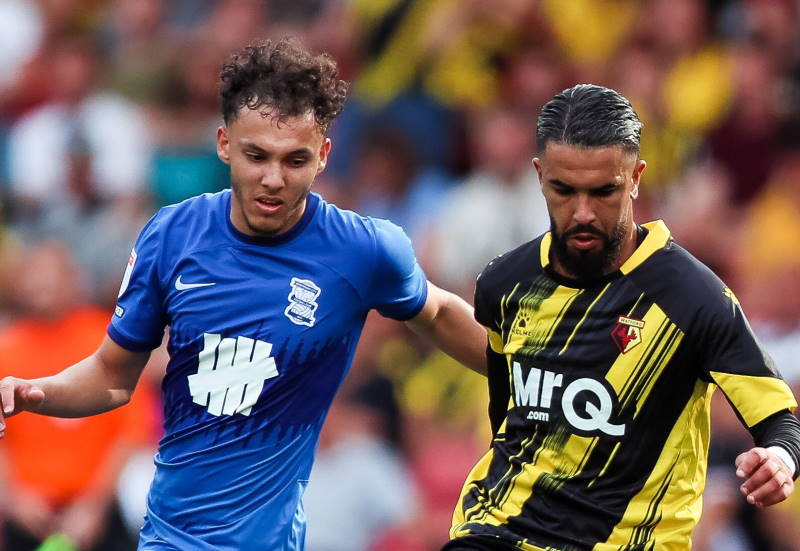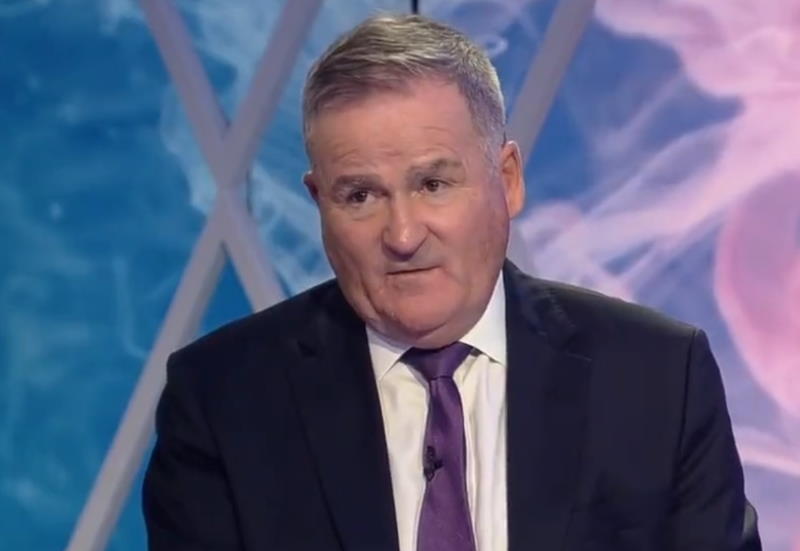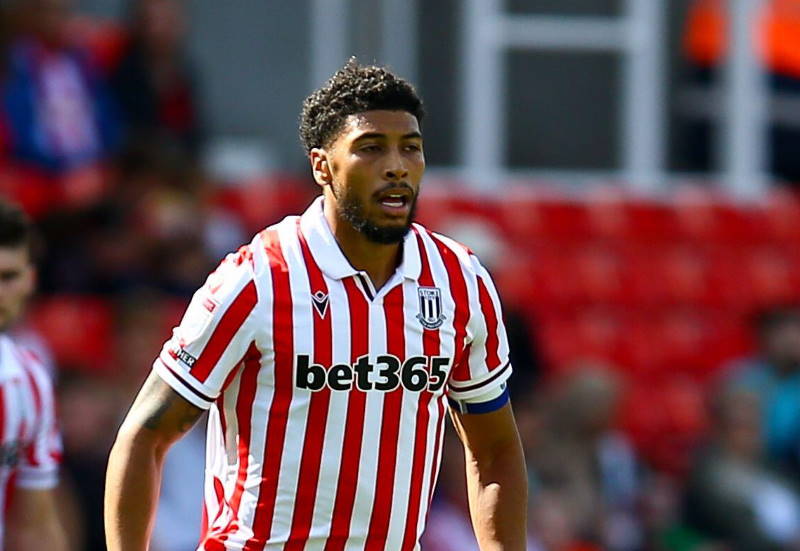
Intelligence. That is the one attribute that everyone agrees new Chelsea signing Oscar dos Santos Emboaba Junior possesses in abundance. His national team coach Mano Menezes recently described him as “a very intelligent player,” words echoed by his Internacional coach Dorival Junior, who also described him as “complete.” Even back in 2008, when Oscar was just a wispy 16-year-old coming up through the youth ranks at Sao Paulo, the then first team coach, Muricy Ramalho, noted that “the great advantage with Oscar is that he has a good head on him.”
The attacking midfielder’s recent perceptive description of the role of the modern playmaker would certainly suggest such plaudits are deserved. “Today, the player wearing the number 10 shirt has to run a lot and look for spaces to get plays going,” Oscar said. “You have to defend a lot and be always fighting for ball possession. It’s different from the traditional number 10 from the past.”
It is for this intelligence and understanding of the contemporary game that Chelsea have paid £25M – a new record for a transfer from Brazilian domestic football. Their supporters will get a sneak peak of their new signing during the Men’s Olympic Football tournament, in which Oscar will wear the number 10 shirt synonymous with Pele, Rivelino and Zico, greats of the Brazilian and world game. Lofty expectations come with that particular shirt, but Oscar has thus far proved capable of living up to them.
The now 20-year old started his career in the youth divisions of Sao Paulo, a club who over the last decade have produced the likes of Kaka, Hernanes and current Manchester United target Lucas Moura. From an early age he was singled out as a highly promising player – described by Ramalho as “a boy who listens, who wants to learn” – and was handed his first-team debut at the age of 18.
Eleven substitute appearances later, however, things turned ugly. Oscar’s representatives went through the courts to get his Sao Paulo contract annulled, claiming the terms were unfair and that he had received numerous delayed payments from the club. He signed for Internacional of Porto Alegre as a free agent in June 2010, but Sao Paulo still claimed ownership of him and launched further court action earlier this year that caused him to miss a number of matches. The dispute finally reached a conclusion at the end of May with Internacional reportedly paying £5M to settle the matter – a mere drop in the ocean in light of the fee Chelsea have now splurged for his services.
Contract dramas aside, it is on the pitch that Oscar has staked his reputation, impressing with his appreciation of space, slick dribbling, incisive passing and calm, precise finishing. Despite being put on a plan to gain weight and muscle strength while at Sao Paulo he still cuts a lithe figure, but is able to counteract this by adroitly placing his body in such a way as to be able to receive a pass and glide away from the attentions of an opponent without his lack of physicality ever having entered the equation.
Despite his obvious qualities, Oscar initially flew a little under the radar in Brazil, such was the hype encircling the Santos duo of Neymar and Paulo Henrique Ganso. Despite an impressive debut full season in Brazil’s top flight that yielded 13 goals and 10 assists, it was only after Brazil Under-20s’ successful World Cup campaign in August 2011 that Oscar received national attention. The 20-year-old’s hat-trick in the final of that competition was just reward for a tournament of elegant brilliance in which he had been the creative hub for a team that swept in 18 goals in seven matches.
Four assists and one goal in six Copa Libertadores games earlier this year outlined his increasing importance to Internacional’s fortunes and in the absence of the injured Ganso resulted in him being entrusted with Brazil’s number 10 shirt for a number of pre-Olympic friendlies played in May and June. With a string of accomplished performances he made the shirt his own, his application in helping to implement coach Menezes’ newly instigated high pressing combining with his obvious offensive capabilities to demote the returning Ganso to the bench for the London Games.
Those performances also alerted a number of European clubs to the midfielder’s potential and resulted in a bid from Tottenham Hotspur. Chelsea then entered the fray and with Roman Abramovich willing to flash his cheque book to turn last season’s prosaic Champions League winners into the entertaining team he so craves, there was only ever one realistic destination for the youngster from the city of Americana in Sao Paulo state.
Speaking about his new signing, Chelsea coach Roberto Di Matteo described Oscar as “an exciting young talent, a creative midfield player who scores goals,” and it is likely he will be asked to fulfil the central attacking midfielder role in the 4-2-3-1 formation the Italian is expected to implement in the coming season. Competition is fierce, with the likes of Juan Mata and fellow new-signing Eden Hazard both capable of taking the central role in addition to the wide berths in the formation, but if Oscar continues the show the maturity and determination to overcome such challenges he has already displayed in his short career to date, there is little reason to suggest he will not be a resounding success in England.

